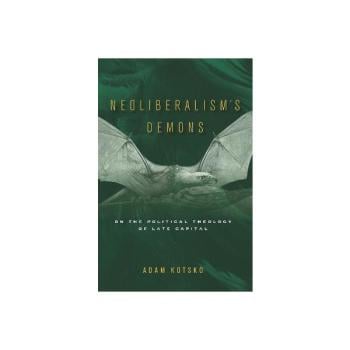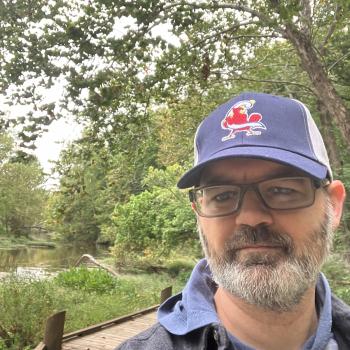Lady Day
This is the one folk custom in this series that I forgot to include in my original essay on Lady Day. Fortunately, it is also the best known, so it needs little elaboration. It may be that its over-familiarity was precisely why I missed it! But everyone knows that the Vernal Equinox is synonymous with Spring-Cleaning! It is time to throw open your windows and doors and air out your musty house (with the warmer weather at last inviting it!), letting in the fresh and cleansing breezes of Springtime. It is a time for digging into deep drawers and closets, and banishing those items that are broken or unneeded, taking them to the trash or to Goodwill -- and thus beyond the warded boundary of the Circle of your home. It is time to clean and dust, and scrub and polish, and put a new coat of paint on things that are faded, cracked, and peeling. Just as the heart is the spiritual center of the body, so the hearth is the spiritual center of the home. Even though Spring is a time for moving away from hearth and home, it is nonetheless the perfect time to cleanse and honor it. The home is the temple of your immediate family and the hearth is its most important shrine, at one time the source of both warmth and food (cooking). So at Lady Day, we bless and purify hearth and home, the shelter for your family. The Circle Widens To Include Your Home.
Beltane
"Other May Day customs include: walking the circuit of one's property ('beating the bounds'), repairing fences and boundary markers.
Midsummer
"In England, it was the ancient custom on St. John's Eve to light large bonfires after sundown, which served the double purpose of providing light to the revelers and warding off evil spirits. This was known as 'setting the watch'. People often jumped through the fires for good luck. In addition to these fires, the streets were lined with lanterns, and people carried cressets (pivoted lanterns atop poles) as they wandered from one bonfire to another. These wandering, garland-bedecked bands were called a 'marching watch'. Often they were attended by morris dancers, and traditional players dressed as a unicorn, a dragon, and six hobby-horse riders. Just as May Day was a time to renew the boundary on one's own property, so Midsummer's Eve was a time to ward the boundary of the city." So the Circle widens yet again, this time to accommodate the entire city or municipality. In more rural areas, this would include the entire township, shire, or parish. The Circle has grown large enough to cast its spell of protection over the entire community, taking in all the property and estates of its members. Thus, at Midsummer, we bless and purify the township, the parish, or the municipality, the locale of your entire community. The Circle Widens To Include Your Community.
Conclusion
Does the Circle keep on widening indefinitely? As I see it, there are at least three possibilities: that the Circle continues to expand, that it has reached stasis, or that it begins to collapse back in upon itself. Certain folk customs in the waning half of the year, such as bringing in the harvest and winterizing the home, seem to support the latter. However, I hesitate to use these customs in my argument for a couple of reasons. They are not specifically tied to a single holiday, and they do not achieve even parity with the customs on the waxing side of the year in terms of incremental steps. Still, my hunch is to favor this model. So I will support it with two indirect arguments instead, one from modern social theorists, and the other from considering an old folk belief about the timing of weddings.




